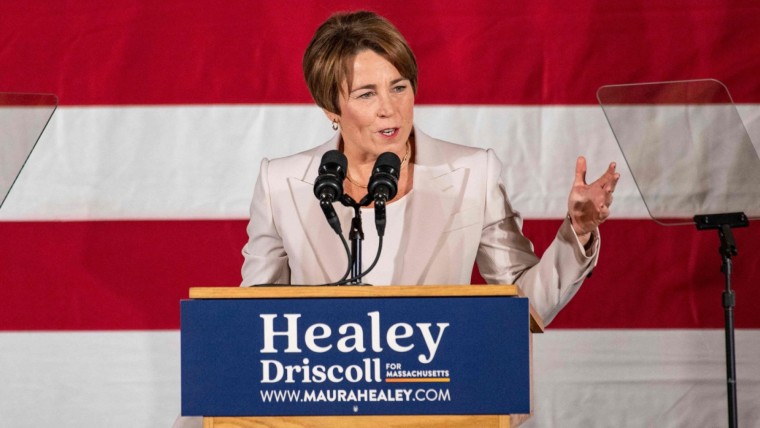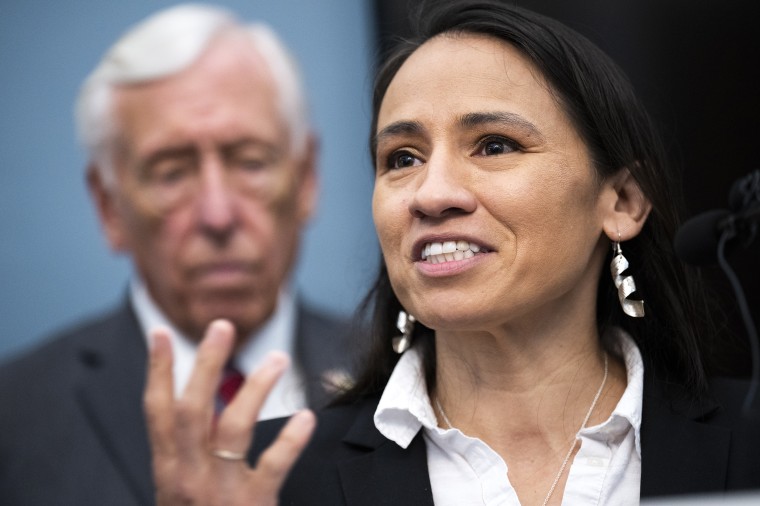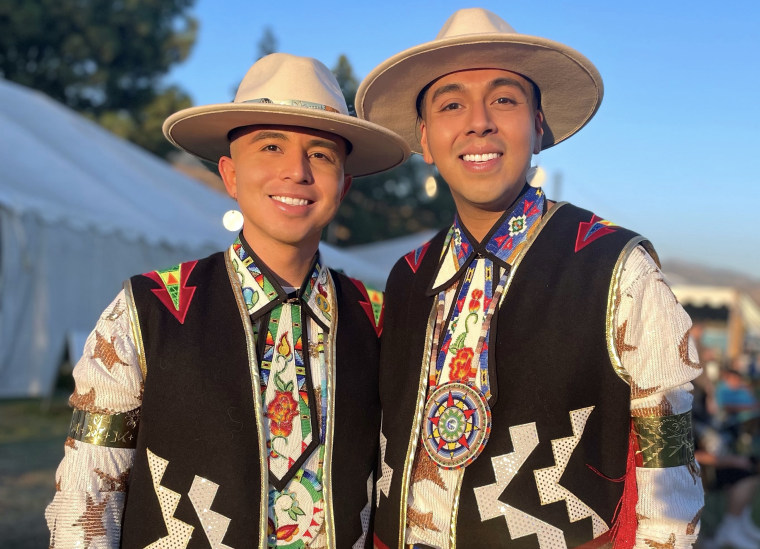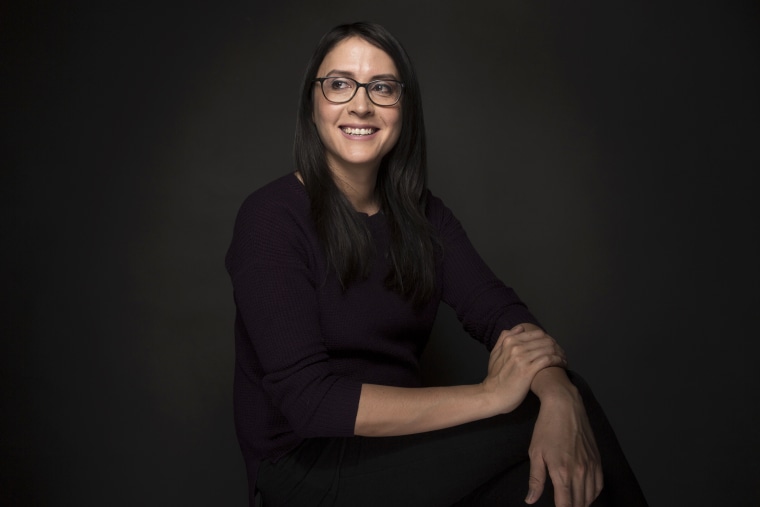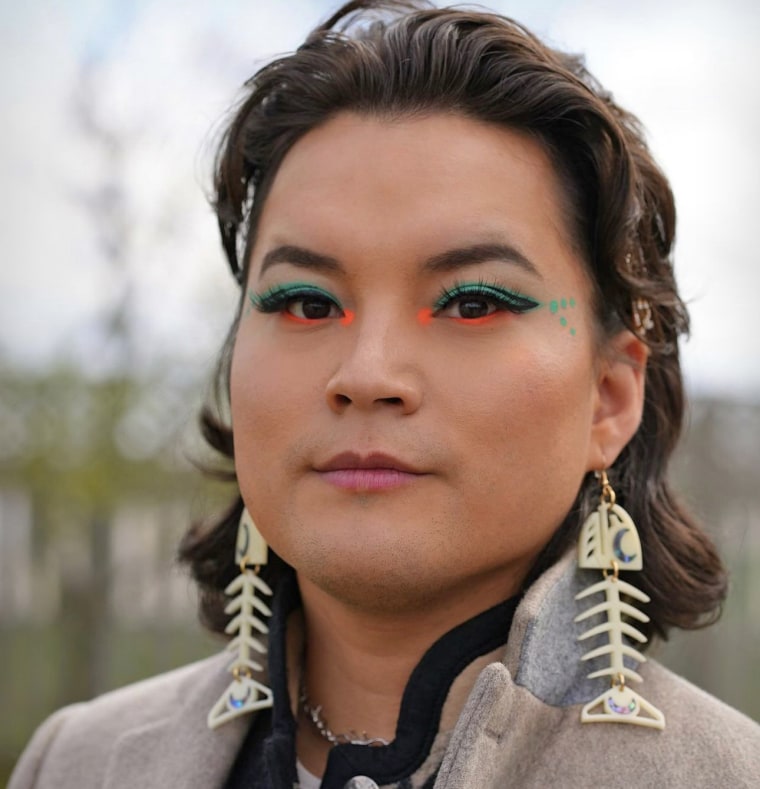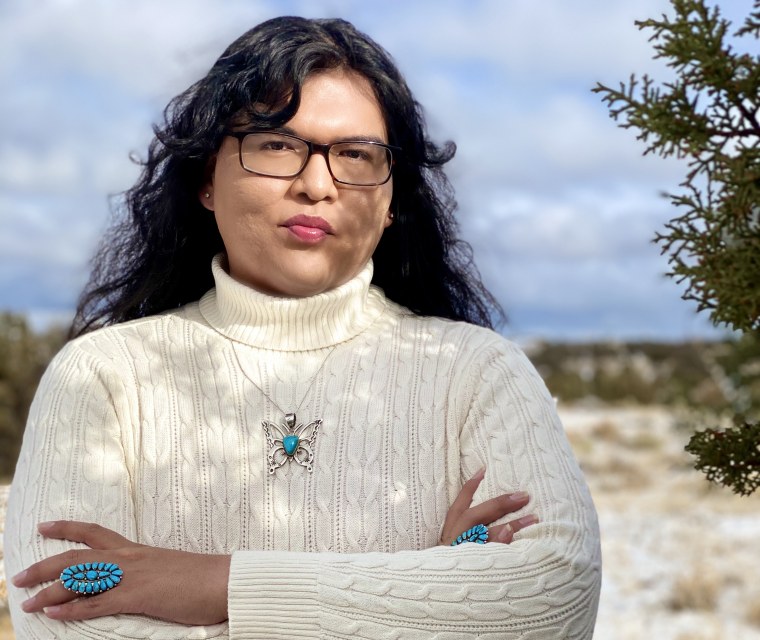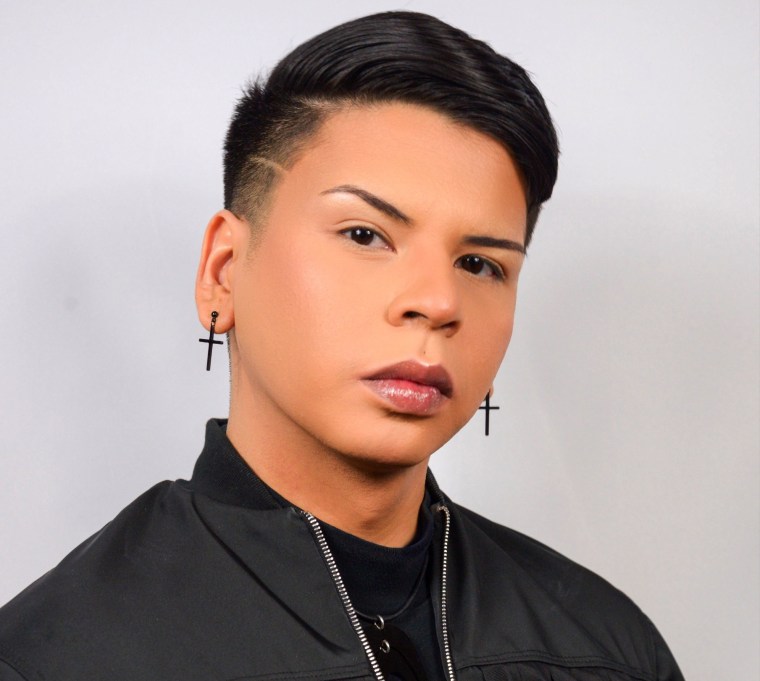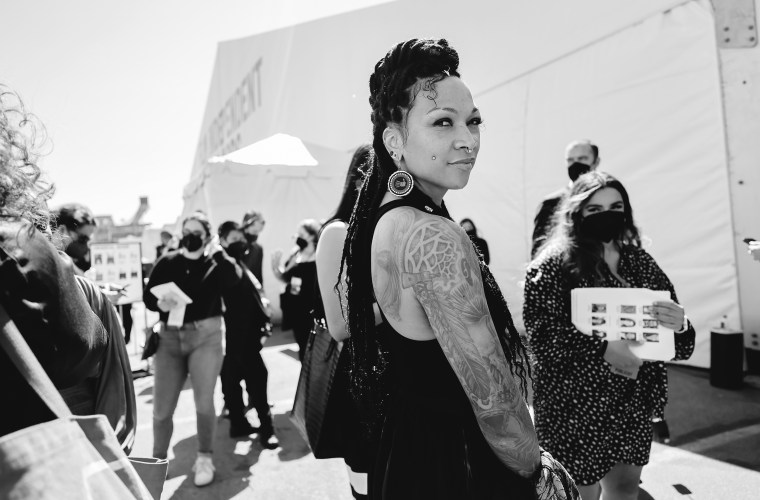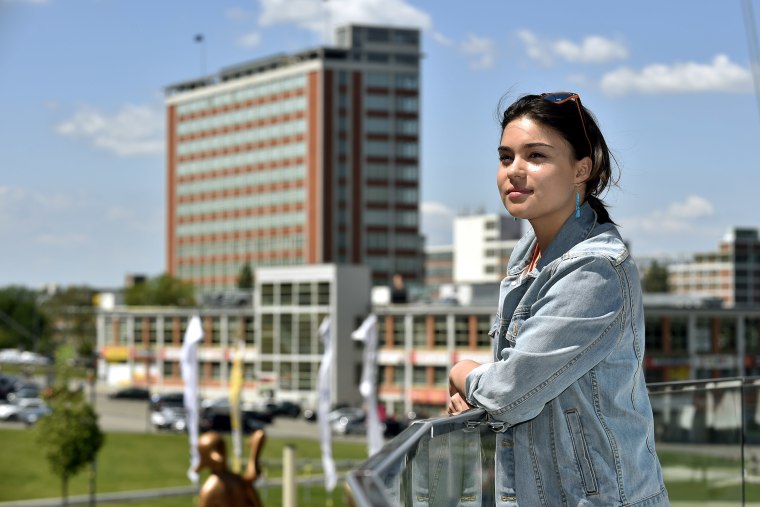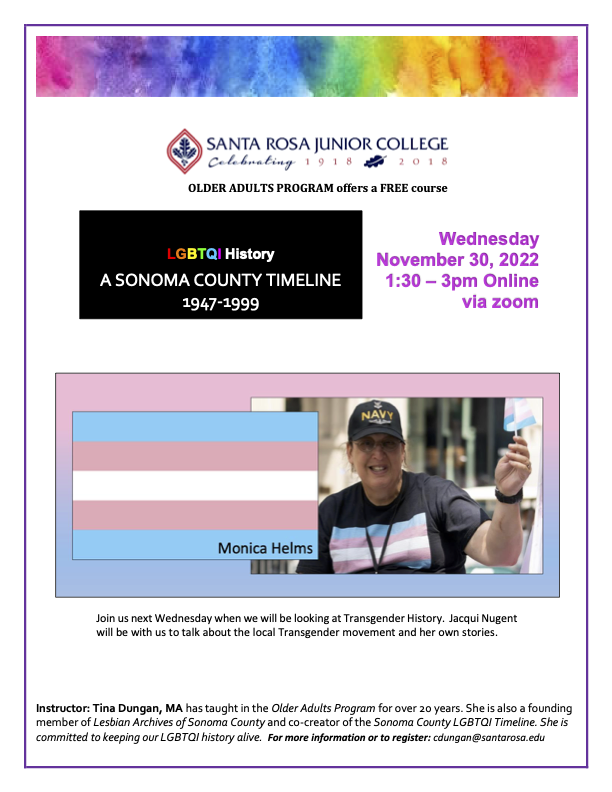We’ve seen these violent & political attacks on women’s rights & LGBTQ rights before
According to the Republican National Committee for Life, “The Republican Party must continue to uphold the principle that every human being, born and unborn, young and old, healthy and disabled, has a fundamental, individual right to life.”
With the stunning revelations of a leaked 98-page majority opinion written by Justice Samuel Alito proposing to completely gut the 1973 Supreme Court decision in Roe v. Wade, it seemed inevitable with the unprecedented maneuvering and court-packing of ultra-conservative “justices” under the Trump regime.
ADVERTISING
The Supreme Court, in Dobbs v. Jackson Women’s Health Organization, provided states the ability to take away the constitutionally guaranteed right to abortion, which has been granted for the past 49 years. It could reverse, as well, the right to contraception, marriage equality for same-sex couples, interracial marriage, sexuality education, and the total erasure of voting rights.

Get the Daily Brief
The news you care about, reported on by the people who care about you.
Republican leaders announced that among their primary and immediate items on their legislative agenda after the election of Donald Trump was to cut funding for Planned Parenthood. While these healthcare clinics do not receive direct federal funding, they collect approximately $500 million in federal programs from payments and grants, which comprise about 40% of the organization’s yearly budget.
Though an estimated 2.5 million people throughout the country access Planned Parenthood each year for annual health checkups, screenings for diseases, and contraceptives, Republicans had attempted to defund Planned Parenthood only to face a veto when President Obama sat in the Oval Office.
On November 20, 2022, as we commemorated Transgender Day of Remembrance, a shooter in Colorado murdered five and injured 18 beautiful people at Club Q. My heart goes out to the victims and their families. As a nation, we must confront the hatred while continuing to demand gun safety measures.
In addition to the shooter, I indict our society that stereotypes and weaponizes our LGBTQ bodies as fodder for advancing its patriarchal Christian white supremacist authoritarian agendas.
We experience today many politicians, clergy, community and school officials who are targeting queer, trans, and gender non-binary people in promoting bigotry with their words and their actions by marginalizing and disenfranchising us through their legislation to prevent discussions of our lives in the classrooms and by banning books discussing our lives, by promoting fear and hatred by calling us “groomers,” by criminalizing parents who support their children’s gender identities and forms of expression, by eliminating trans athletes from sports, from preventing trans and non-binary folks from using public accommodations corresponding with their gender identities.
In my continuing quest to understand and make meaning of current political, economic, and social realities, I constantly glance back into historical eras looking for similarities and parallels from which I can draw conclusions and possibly learn from past mistakes we as humans have made. While each era unquestionably poses unique conditions and challenges in many respects, I believe history has enumerable lessons to teach if we are willing to learn.
Though I rarely offer comparisons between events transpiring before and during the ascension to power of the German Third Reich with resemblances to the contemporary United States – since to do so could result in trivializing one of the most horrific episodes in human history – nonetheless, I am haunted by certain parallels that demand voicing.
I am troubled by multiple similarities between that time not so very long ago and the discourses expressed and events transpiring today. I want, therefore, to highlight, in particular, the parallels I see in Nazi portrayals and understandings of sex, sexuality, gender, and gender expression: a divisive and brutal program that was anti-feminist, anti-women’s equality, anti-women’s reproductive freedoms (anti-family planning, anti-contraception, anti-abortion), anti-lesbian, anti-gay, anti-bisexual, anti-transgender, anti-gender nonconforming, anti-sexuality education in schools.
On Homosexuality
The Nazis ruthlessly enforced and eventually extended Paragraph 175, the section of the German Penal Code dating back to 1871 with the unification of Germany: “Unnatural vice committed by two persons of the male sex or by people with animals is to be punished by imprisonment; the verdict may also include the loss of civil rights.”
Nazi ideology rested on the assessment that homosexuals (males) lowered the German birth rate; they endangered, recruited, enticed, and corrupted youth; that a possible homosexual epidemic could spread; that homosexuals are “potential oppositionists” and enemies of respectable society; and that sexual relations between people of the same sex impairs their “sense of shame” and undermines morality, which inevitably will bring about the “decline of social community.”
Even before taking power, in their daily newspaper, Völkischer Beobachter, the Nazi party argued:
“Anyone who thinks of homosexual love is our enemy. We reject anything which emasculates our people and makes it a plaything for our enemies, for we know that life is a fight, and it is madness to think that men will ever embrace fraternally. Natural history teaches us the opposite. Might makes right. The strong will always win over the weak. Let us see to it that we once again become the strong. But this we can achieve only in one way — the German people must once again learn how to exercise discipline. We, therefore, reject any sexual deviation, particularly between man and man, because it robs us of the last possibility of freeing our people from the slave-chains in which it is now forced to toil.”
While Nazi ideology and practice rejected lesbianism as well, they did not criminalize same-sex sexuality between women, as they had in Germany’s Paragraph 175 of the Penal Code, because they believed that so-called “Aryan” lesbians could at least birth children for the “New Germany.”
On the other hand, Heinrich Himmler, Gestapo head and chief architect of the Reich’s anti-homosexual campaign, justified his actions by arguing that male homosexuals were “like women” and, therefore, could not fight in any German war effort.
Subsequently, he conducted surveillance operations on an estimated 90,000 suspected homosexuals, arrested approximately 50,000, and transported somewhere between 10,000 and 15,000 to several concentration camps throughout the Nazi dominion. Very few survived.
Upon coming to power in 1933, under their Youth Leader, Baldur von Shirach, the Nazis took over all youth groups converting them into Hitler Youth groups. One action taken following consolidation was to eliminate all signs of “homosexual corrosion” because it allegedly threatened state control by “fostering political conspiracies.”
Nazi leaders purged all boys suspected of “homosexual tendencies.” They tried and convicted an estimated 6,000 youth under Paragraph 175 between 1933 and 1943.
Hitler also proposed eliminating all sex education from the German school system and encouraged parents to take on the primary responsibilities for sexuality instruction within the home.
While the Catholic Church spoke out then and today against same-sex sexuality, their policies boomeranged and hit them in their faces. Used primarily to silence any potential resistance from the Church, the Nazis conducted their so-called “Cloister Trials” in which they dissolved Catholic youth fraternities, arrested and incarcerated large numbers of priests, religious brothers, and Catholic laity in prisons and concentration camps, accusing them of being “threats to the state” on fabricated charges of homosexuality. For example, prison guards at Dachau concentration camp murdered Catholic priest Fr. Alois Abdritzki, one of many fatalities from the “Cloister Trials.”
On Women
Alfred Rosenberg, one of the Nazi’s chief ideologues, directed his misogynist outrage against women: “The emancipation of women from the women’s emancipation movement is the first demand of a female generation trying to rescue nation and race, the eternally unconscious, the foundation of all civilization, from decline…. A woman should have every opportunity to realize her potential, but one thing must be made clear: Only a man must be and remain judge, soldier, and politician.”
Englebert Huber, a Nazi propagandist, dictated the “proper” place of women in the Third Reich, figuratively (and literally as well) beneath men: “In the ideology of National Socialism, there is no room for the political woman….[Our] movement places woman in her natural sphere of the family and stresses her duties as wife and mother. The political, that post-war creature, who rarely ‘cut a good figure’ in parliamentary debates, represents the denigration of women. The German uprising is a male phenomenon.”
The Nazis added Paragraph 218 of the German Penal Code to outlaw abortions and established a national file on women who had undergone and doctors who had performed abortions.
On “Indecency”
In their increasing obsession with “purifying” the social sphere, Nazi leadership enacted the “Decree for Combating Public Indecency,” which included such provisions as working to eliminate prostitution, closing all bars and clubs that “are misused for the furtherance of public indecency” including “public houses solely or mainly frequented by persons engaging in unnatural sex acts” (a.k.a. homosexuals), and closing kiosks and magazine stands in libraries and bookshops “whether because they include nude illustrations or because of their title or contents, are liable to produce erotic effects in the beholder.”
Though Pope Pius XII maintained a position of neutrality and rarely spoke out against the atrocities perpetrated by the Nazi regime, of which he was roundly criticized in some circles, The Vatican, on April 3, 1933, praised the Reich on this policy:
“The Vatican welcomes the struggle of National Germany against obscene material. The strong measures that Prussia’s Minister of the Interior Göring has ordered for the combating of obscene writings and pictures…have received serious attention in Vatican circles. It will be recalled that Pius XII, in his recent encyclicals, has repeatedly and vigorously stressed that defensive actions against obscene material are of fundamental importance for the bodily and spiritual health of family and nation, and he most warmly welcomes the type and manner…with which this struggle has been undertaken in the new Germany.”
The Patriarchal Connecting Strand
The Nazi regime connected multiple forms of oppression when Heinrich Himmler reorganized the Reich Criminal Police Bureau to centralize operations by creating a national file on male homosexuals, transgender people, what they referred to as “wage abortionists” (women and their doctors), and to monitor the production and ban the use of contraceptives to “Aryan” women.
Within this Bureau, they established The Reich Office for Combatting Homosexuality and Abortion, which in the single year of 1938 alone, conducted 28,366 arrests for abortion, and 28, 882 arrests of male homosexuals.
The common thread running through Nazi ideology regarding gender, gender expression, and sexuality was an intensive campaign to control individuals’ bodies and the bodies of members of entire communities in an attempt to control their minds.
Women and LGBTQ people have been constructed as second-class and even third-class citizens not merely in Nazi Germany but today as the current political discourse indicates. But women and LGBTQ are certainly not victims because through it all, women and LGBTQ people as individuals and as groups have resisted and challenged the inequities and have pushed back against patriarchal constraints.
I hope, though, that we as a society can learn from the tyranny of the past.

